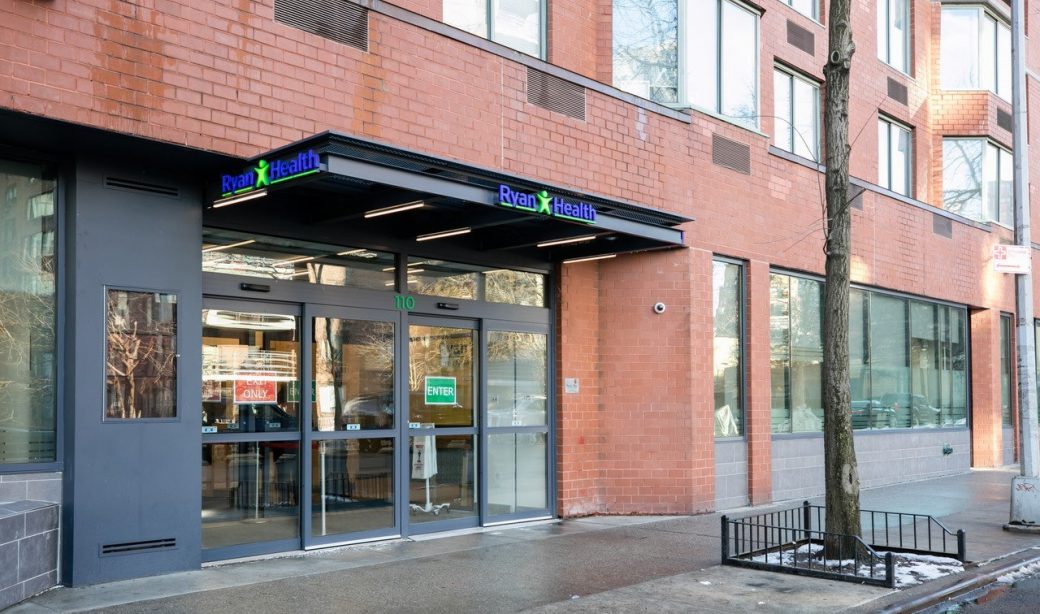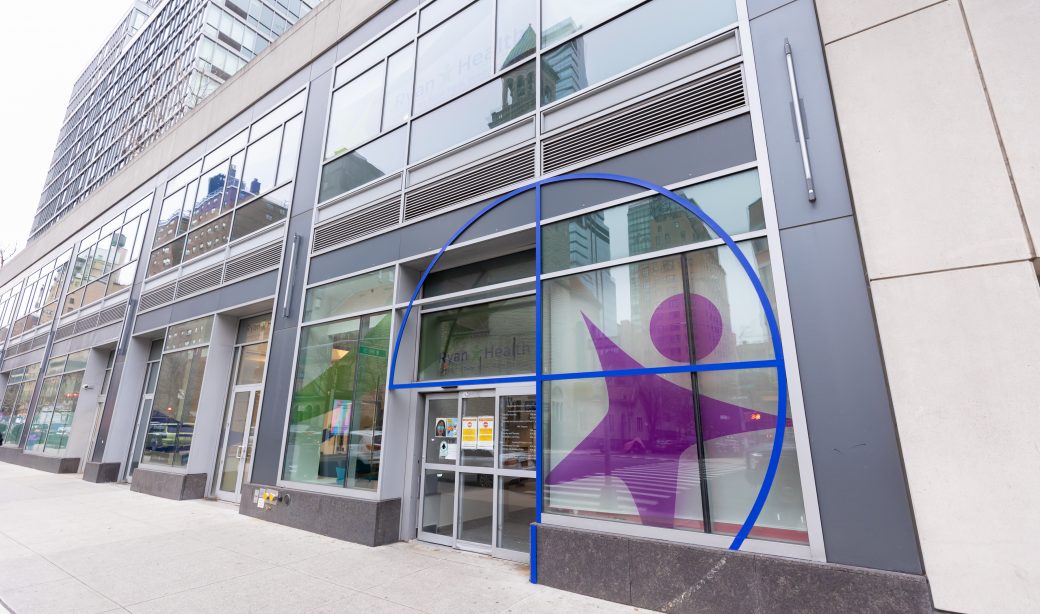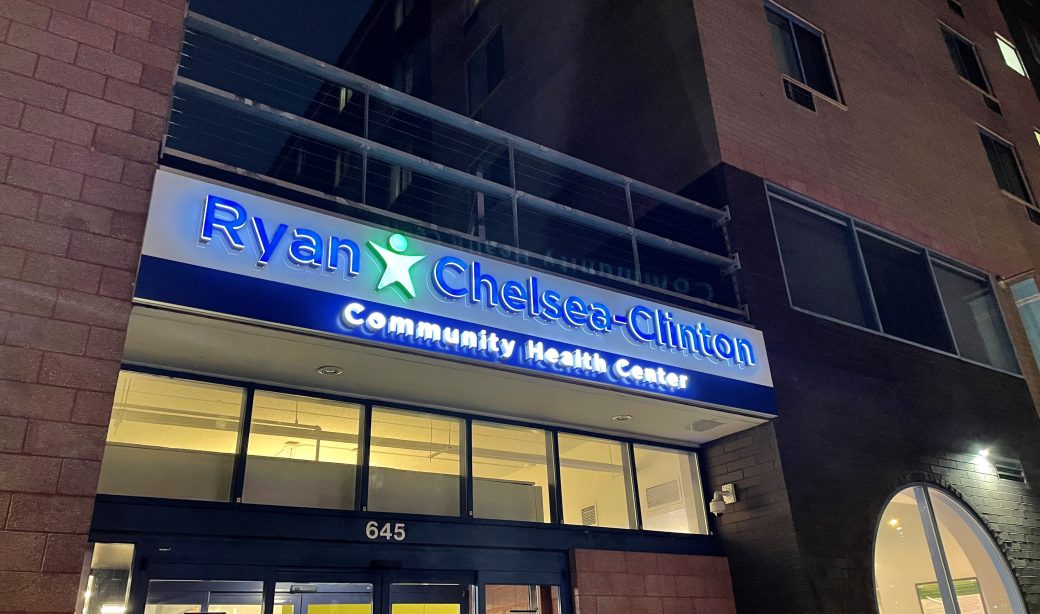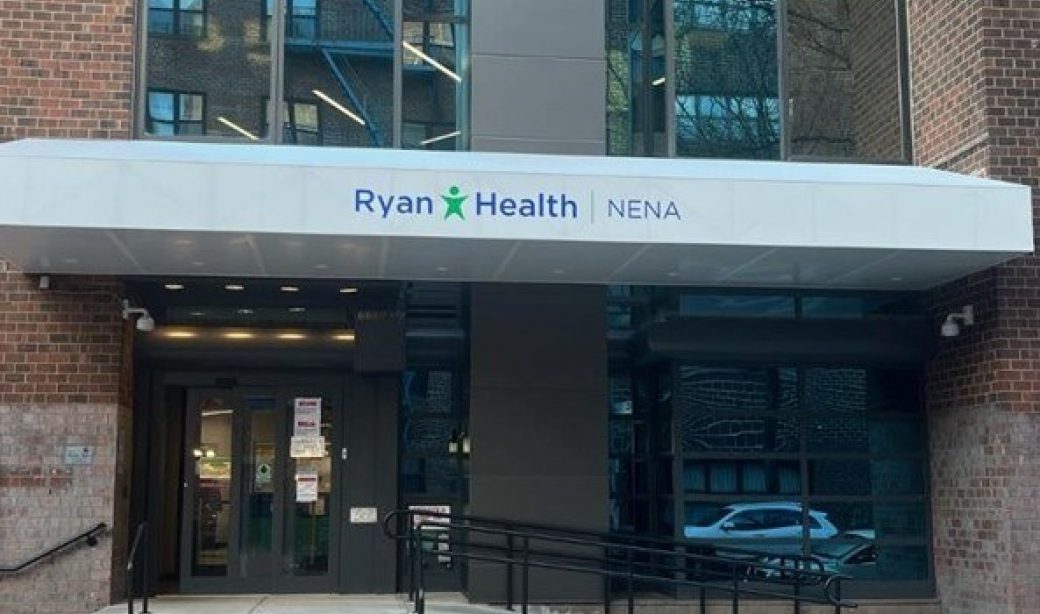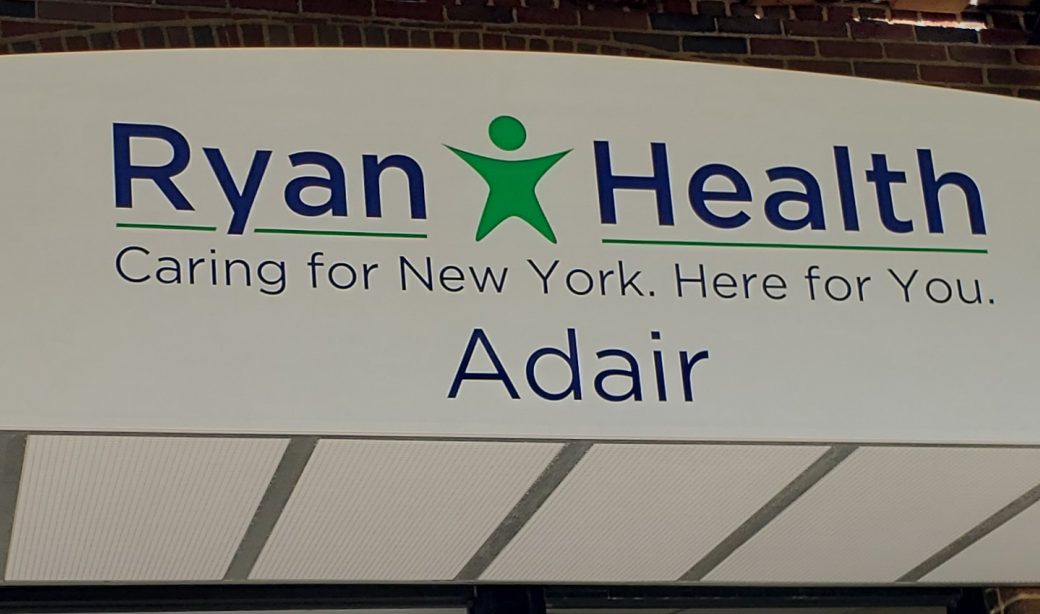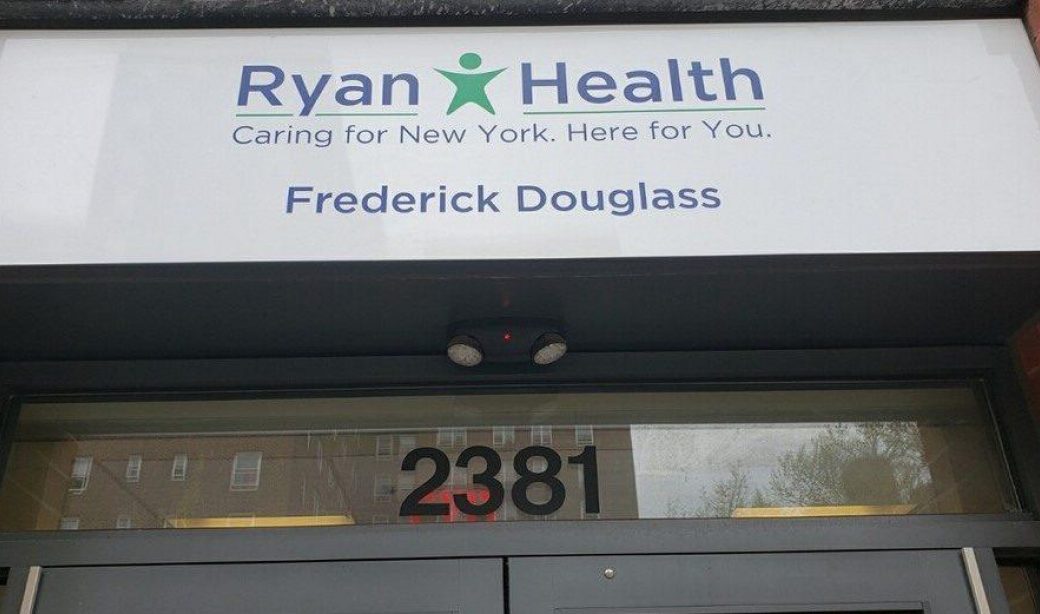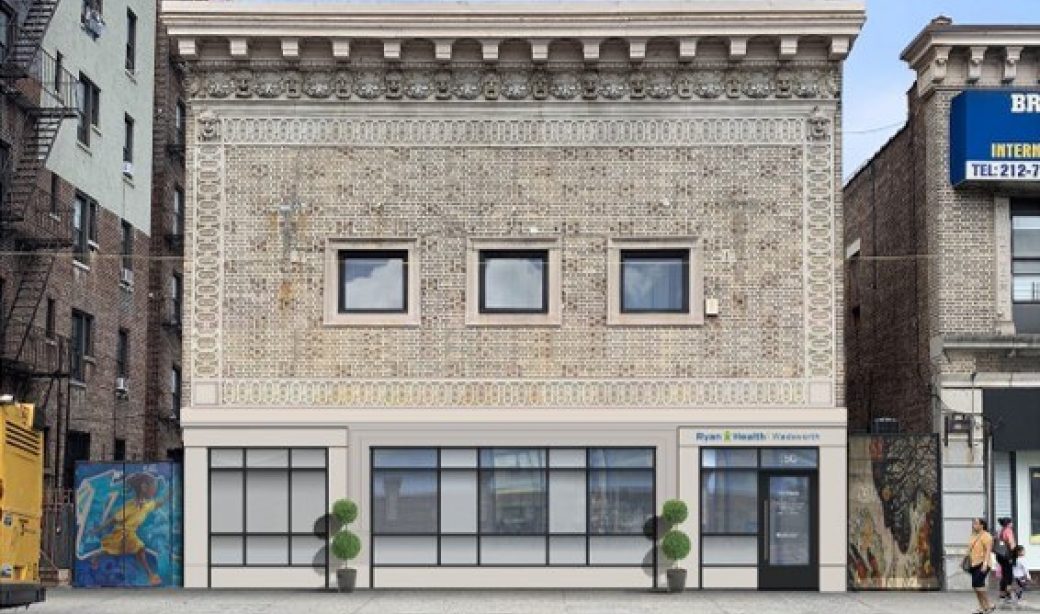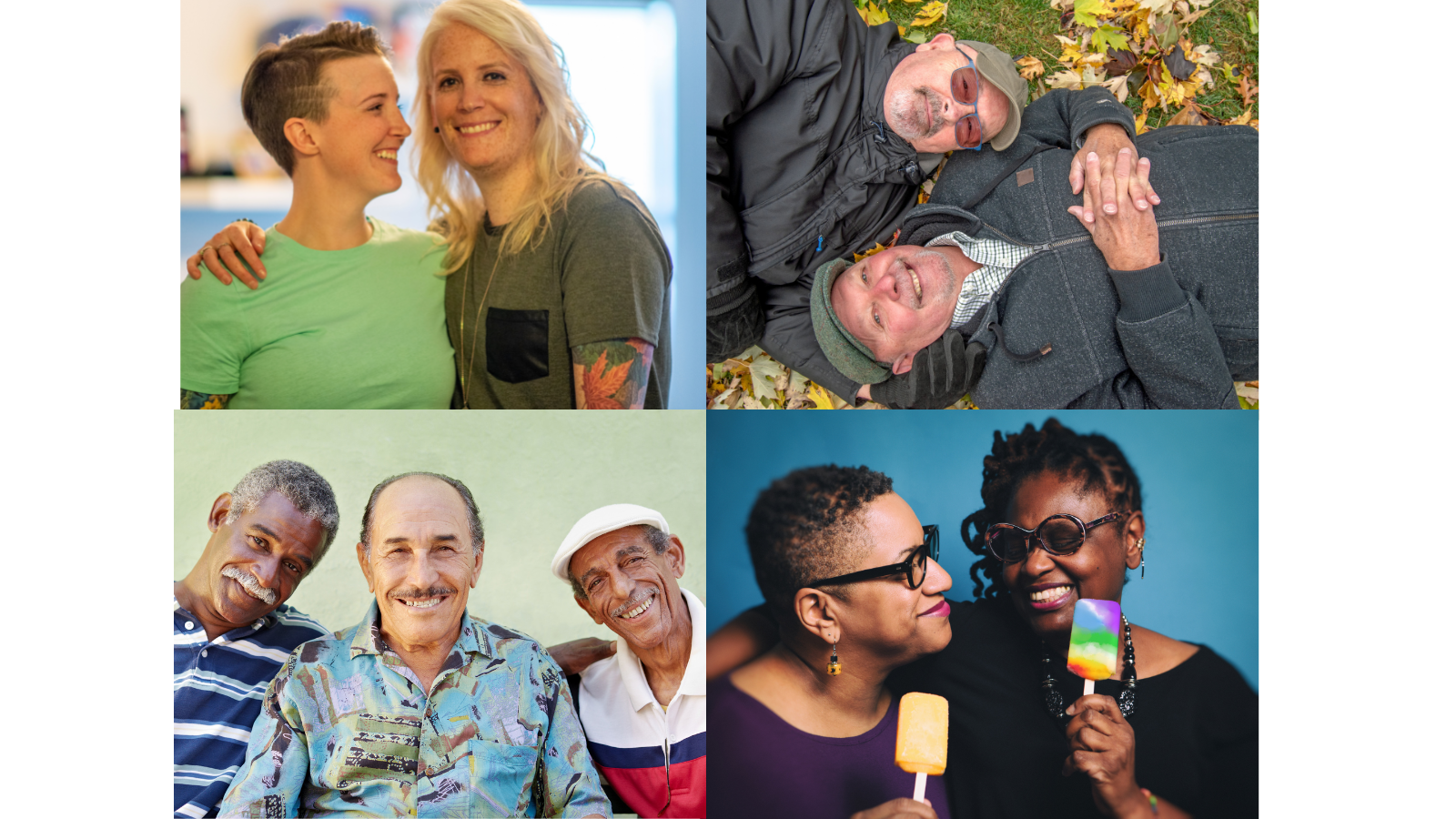
There are more than 3 million LGBTQ+ adults over the age of 50 in the US, according to a recent story in USA Today. And loneliness and isolation are big problems.
Ryan Health has long been a leader in HIV/AIDS care and has a sizable LGBTQ+ patient population. Ryan Health’s case managers are identifying issues and challenges to help a growing number of aging LGBTQ+ patients remain healthy.
“Older LGBTQ+ adults tended not to have children, they live alone and become more isolated,” says Juana Sanchez, Supervisor of Case Management at Ryan Health | NENA. “They don’t have family and trying to connect with someone for them is a big problem.”
Leo Ruiz agrees. He’s a Board Member at Ryan Chelsea-Clinton and also on Ryan Health’s Consumer Advisory Group (CAG). “Many LGBTQ+ aging seniors are dealing with loneliness and have trouble making friends. Or they’re forming poor relationships with individuals, which lead to other issues.”
And in today’s connected world, unfamiliarity with technology adds to the isolation.
“A lot of older patients don’t have access to computers, and that adds to isolation,” says Judith Aiges, Supervisor of Case Management at Ryan Health | 97th Street. “That’s also a problem for negotiating life these days.”
Isolation can lead to depression, anxiety, and a host of other health issues, according to the National Institute on Aging. Jennifer Mariaschin, LCSW, a social work supervisor in Ryan Health’s Behavioral Health Integration (BHI) department, outlines a path to positive mental health and urges you to Check-In On Your Mental Health.
As with the aging straight population, the older LGBTQ+ community has seen a lot of changes in their lives. But they’re resilient. A big challenge from the health perspective, however, is getting past years of real or imagined discrimination, especially in healthcare settings.
“Many older LGBTQ+ patients have experienced discrimination, and they might not feel accepted in most situations,” Sanchez says. “If they expect to be discriminated against, they’re going to be defensive. Our providers are open to treating LGBTQ+ patients. Patients need and expect acceptance, or they feel prejudice.”
With decades of experience in the LGBTQ+ community, Ryan Health has been implementing gender-affirming care at our centers so everyone feels comfortable getting the healthcare they need.
In addition, the social determinants of health — things like housing, transportation, employment, food, and the environment — play a large role in our physical health. But even general life changes can impact an aging patient.
“Retirement, changes in finances, having to move, partners who are sick or getting sicker — these all impact people who are getting older,” Aiges says. “And let’s not forget those who are living their lives in secrecy to avoid stigma.”
LGBTQ+ seniors who need help addressing social service needs should try our free Here For You search engine platform. You can search for assistance for a range of services from food to jobs to senior care, all based on your zip code.
Mr. Ruiz, who is openly gay and has been a Ryan Chelsea-Clinton patient for more than a decade, says that one of the biggest challenges for an aging LGBTQ+ population is making sure people stay on their medication regimen.
“Sometimes it’s hard to get people to stay on their meds,” he says. “My position is to talk to people about what they can do to stay healthy. I’m in the Center reminding them that they have to help themselves and to discuss their issues with their provider. They need to be best buddies.”
It is important for seniors to stay on top of their medications to reap the full benefits and keep themselves healthy. Meredith Gentes, NP and Senior Director of Population Health at Ryan Health has some tips in What to Know About Sticking to Your Medications.
More Resources for LGBTQ+ Senior Health:
National Resource Center on LGBTQ+ Aging
LGBT Aging -- American Psychological Association
